Iran nuclear chief: IAEA cameras will remain turned off until JCPOA fully restored
The head of the Atomic Energy Organization of Iran (AEOI) says monitoring cameras installed by the UN nuclear agency at the Iranian nuclear sites will remain turned off until the 2015 nuclear deal, known as the Joint Comprehensive Plan of Action (JCPOA), is fully restored.
Mohammad Eslami made the remarks on Monday in reaction to recent remarks by Director General of the International Atomic Energy Agency (IAEA) Rafael Grossi.
Eslami said the conclusion of the JCPOA was the final outcome of numerous rounds of negotiations over Iran’s nuclear program.
“However, the West continues to level accusations against Iran on the basis of stolen and alleged documents. The Islamic Republic of Iran agreed to the JCPOA to dispel doubts and build confidence. Iran accepted to restrict its [nuclear] activities to pave the way for confidence building. However, they (the other parties to the deal) did not abide by their commitments,” he said.
“The [IAEA] cameras [which were installed] under the JCPOA were meant to put an end to those [Western] accusations. If those accusations are going to remain in place, there is no more need for the existence of JCPOA cameras,” Iran’s nuclear chief said.
Esalmi added that the IAEA “has removed and sealed the cameras, which are being kept at the [nuclear] facilities [of Iran] until they return to this accord.”
Grossi said in June that Iran has informed the United Nations nuclear watchdog that it is removing 27 surveillance cameras at its nuclear facilities following the Western-drafted anti-Tehran resolution by the agency’s Board of Governors.
"What we have been informed is that 27 cameras... are being removed in Iran," the IAEA chief said.
Elsewhere in his remarks, Eslami also criticized certain allegations against Iran's nuclear program, emphasizing that "Tehran has never engaged in any covert and enrichment activities outside the framework [of the JCPOA] and without coordination with the IAEA."
Iran's measures to produce heavy water or develop other sections of the country's nuclear industry infrastructure have been carried out in coordination with the IAEA and are currently under the agency's supervision, Eslami said.
"No one should have the wrong impression that the IAEA does not currently supervise Iran's nuclear activities. The IAEA is … conducting its supervision according to the Safeguards Agreement," the Iranian nuclear chief pointed out.
He added that Iran has turned off the cameras that were not operating based on the Safeguards Agreement, but were related to the JCPOA.
He, however, said Tehran will make new decisions if the parties to the deal return to their obligations as per the JCPOA and Iran is assured that the West would not carry out any mischievous act any more.
During an interview with Spain’s El Pais on Friday, the IAEA chief claimed that Iran’s nuclear program “is advancing at a gallop and we have very little visibility.”
Iran's nuclear program “has grown enormously, far beyond what it was in 2015. It is a growth that is not only quantitative but qualitative, also with the levels of enrichment.”
"This does not imply that Iran is making a nuclear weapon, but no country that does not have warlike projects enriches at that level, at 60 percent," Grossi said.
Earlier on Monday, Iran's Foreign Ministry spokesman Nasser Kan’ani also reacted to Grossi's remarks, saying, “The Islamic Republic of Iran is a member of the International Atomic Energy Agency and the Non-Proliferation Treaty (NPT), and for many years, especially during recent years, has allowed the agency's inspectors ... to visit [Iran's nuclear] facilities.”
“Unfortunately, Mr. Grossi has time and again taken an unprofessional and unfair approach vis-à-vis Iran’s nuclear program, especially in recent months. His views are not helpful and constructive. He is interested in raising an issue about Iran’s nuclear issues now and then.," he said.
Kan’ani added, "We believe that the IAEA director general should adopt a constructive and interactive approach in response to Iran’s constructive cooperation with the agency. We do not view Grossi’s remarks as technical and professional and we advise him to observe the principle of neutrality and fairness and to avoid politically-motivated statements."
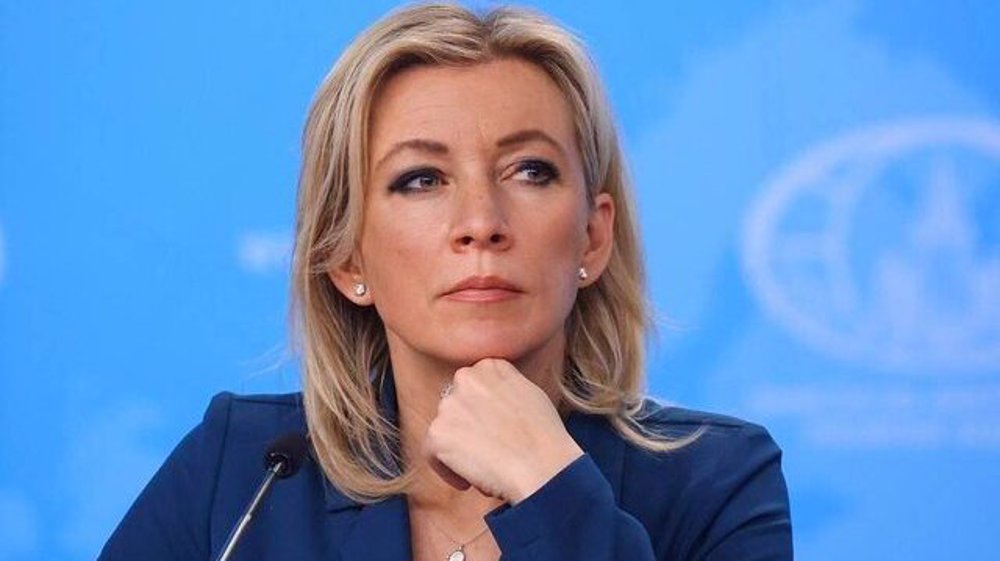
Russia: Unilateral US sanctions against Iran illegitimate, illegal
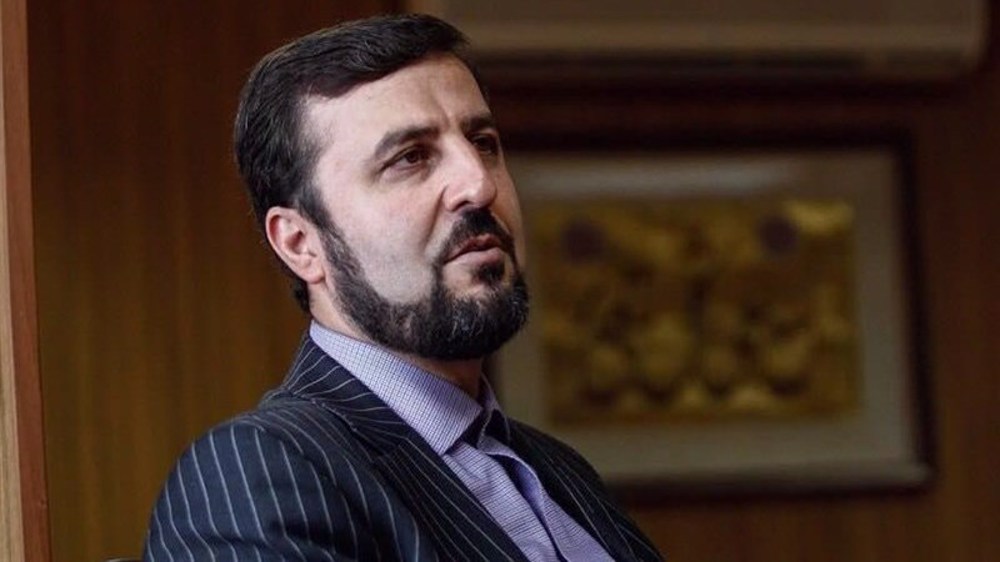
Senior official: Iran likely to hold meeting with European troika
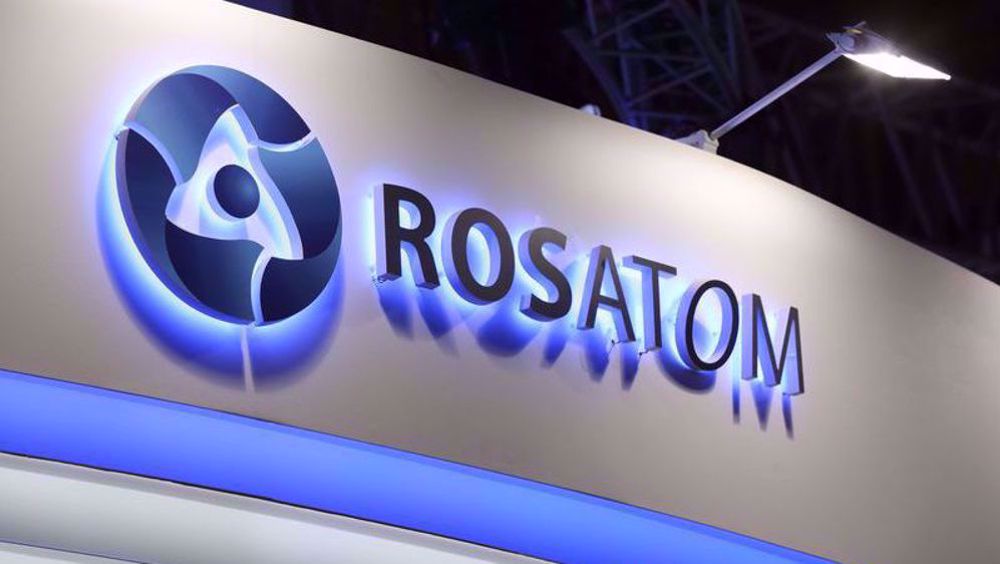
Russia’s Rosatom in ‘large-scale’ talks with Iran to build another power plant: CEO
Iran's freestyle wrestling team clinches championship title in Albania ranking series
Trump seeks sweeping cuts to State Department: Report
VIDEO | Iran, Pakistan strengthen media cooperation to foster cultural ties
VIDEO | BRICS workshop in Tehran strengthens innovation, cooperation
Iran condemns deadly bombing in Pakistan, stresses regional unity to fight terror
Jordanians rally en masse to censure Trump's Gaza takeover plan
VIDEO | Press TV's news headlines
Iraq asserts commitment to security agreement with Iran


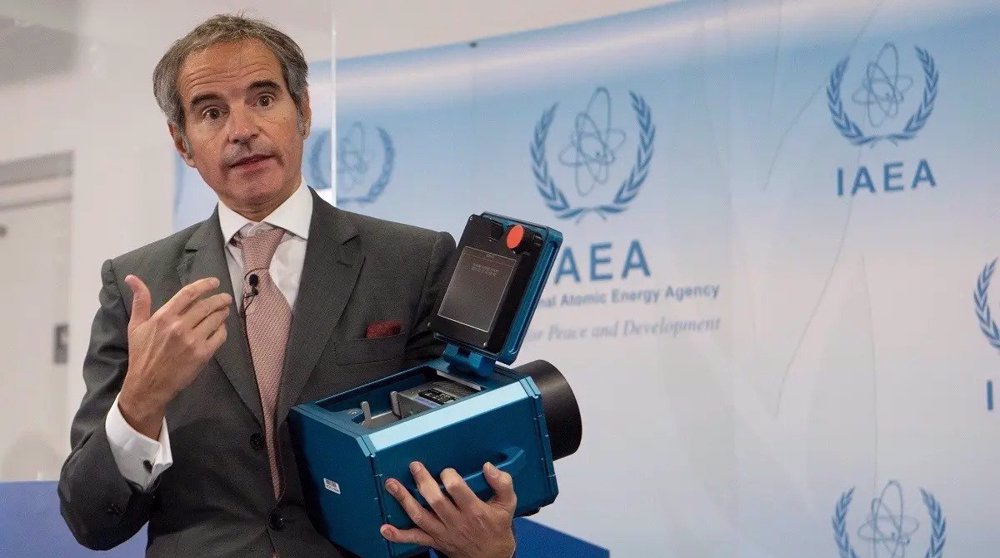
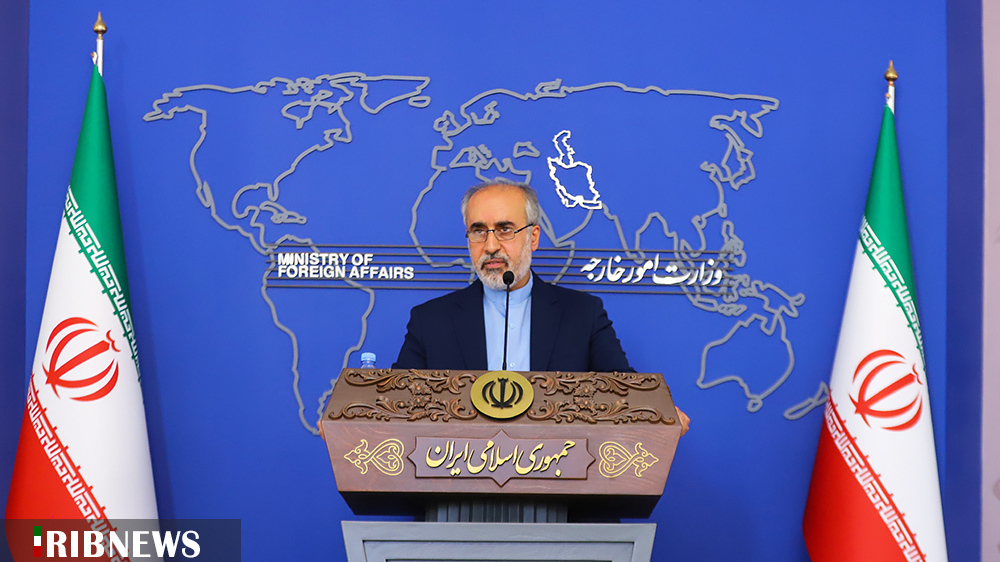




 This makes it easy to access the Press TV website
This makes it easy to access the Press TV website